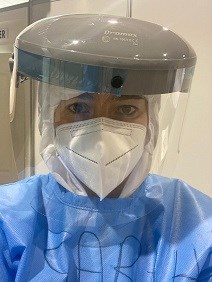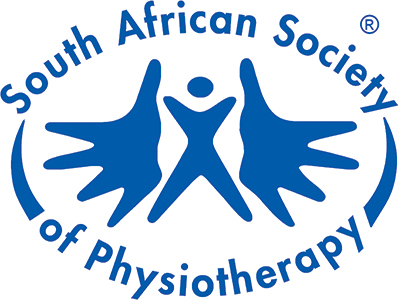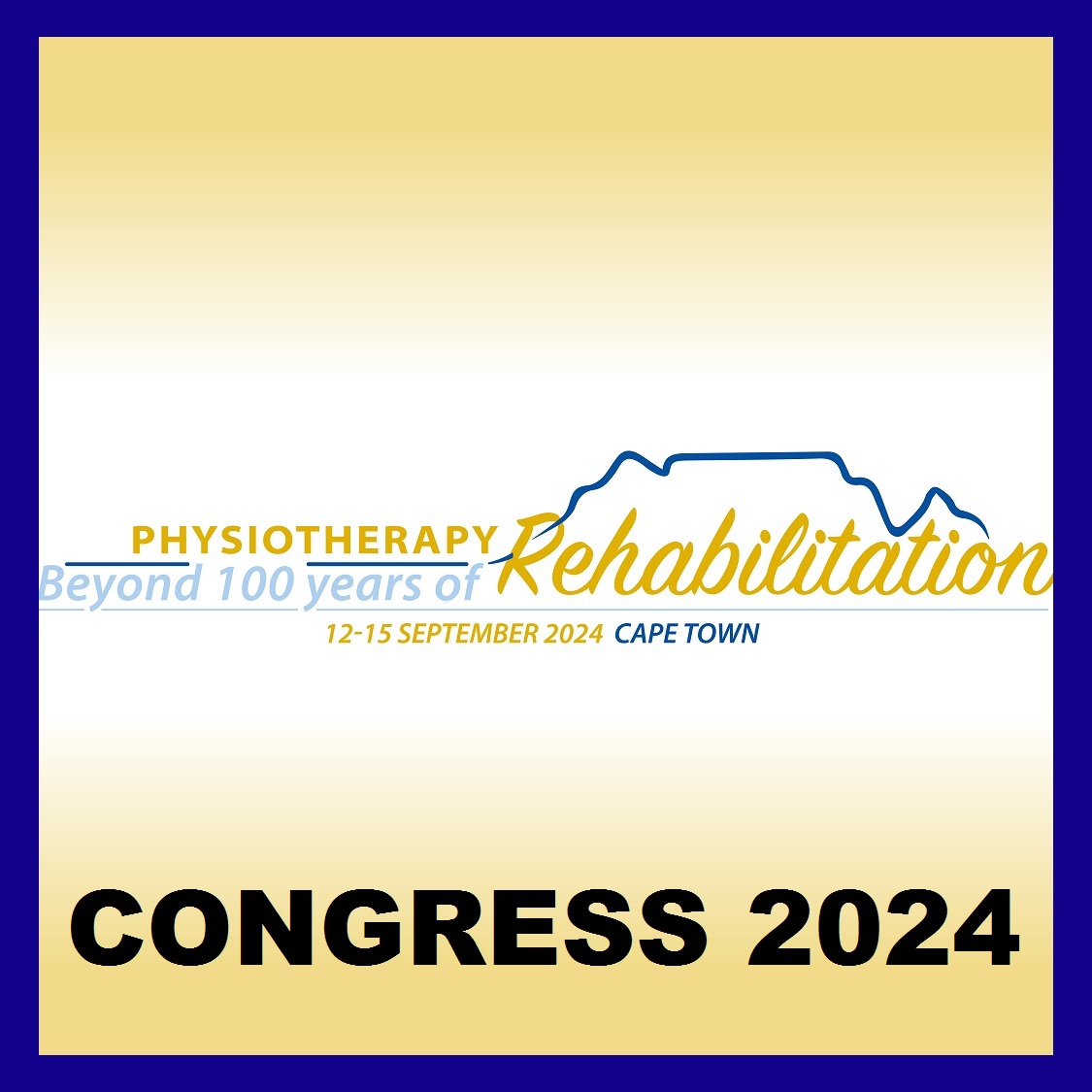
COVID-19: physios work to manage the physical and mental toll
Physiotherapists can help COVID-19 patients with their transition back to wellness and function
“We’re finding a lot of survivor guilt,” says physiotherapist Sarah Whitehead, who volunteers every week at NASREC field hospital, at the Intermediate Care Facility (ICF) for COVID-19 patients, which was set up by a group of doctors who realised that Gauteng did not have enough oxygen beds. “Just recently, I was working with a woman patient who suddenly burst into tears.”
Sarah probed a little for the reason for the crying jag. It turned out that this patient with several comorbidities, had been admitted with COVID-19 on the same day as her healthier sister, who was four years her senior. Both had been very ill, but she had made it; her sister hadn’t. “She was asking, why did I survive but not her?”
It’s not unusual for patients to give way to emotions when being treated by physiotherapists, who spend time with them, often hands-on (as far as personal protective equipment allows). “Patients often open up to us,” says Sarah. “They are in the ICF for days on end, so they enjoy the time with us, and we build a relationship with them.”
ICF physiotherapists do essential treatment that equips the patients for a return to home and normal life by focusing on the their cardiopulmonary (heart and lung) function and endurance, as well as mobility. Helping patients by giving them a safe place to open up is as important – the psychological impact of this virus is profound, and patients may need assistance recovering mentally as well as physically.
Fortunately physiotherapists are first-line practitioners, which means you don’t need a referral to consult a physio, but also means that they have the knowledge and insight to assess, diagnose and, if necessary, refer patients. The NASREC ICF physiotherapists can call on psychologists from Médecins Sans Frontieres if they conclude it’s necessary.
Rehab for COVID-19 ‘long-haulers’
More than 10% of COVID-19 patients may have symptoms which affect their quality of life or ability to perform normal activities of daily life over the long-term – upwards of 60 days. British epidemiologist Professor Tim Spector has found that 12 per cent have symptoms longer than 30 days, and one in 200 for more than 90 days. Physiotherapists have a critical role to play during recovery.
“With extensive experience and research in rehabilitation, physiotherapists can help with many debilitating long-haul symptoms: breathing exercises to help the lungs recover, advice and appropriate limited exercise to keep limbs fluid and moving, counsel on managing pain and other symptoms like dizziness.” says Rogier van Bever Donker, President of the South African Society of Physiotherapists (SASP). “And because they are first-line practitioners, they will refer you to the right health-care discipline for many issues, from psychiatrists or psychologists for post-traumatic stress (very common in people after COVID-19) or dermatologists for skin problems, nephrologists for kidney issues – the right specialist for each of the 90-plus symptoms that have been shown to afflict long-term COVID-19 patients.”
Dr Manoj Sivan, associate clinical professor at the University of Leeds, says: "The emerging evidence is that for some, the road to recovery may take months, and it is vital specialist rehabilitation is on hand to support them.”
Adds van Bever Donker: “Your physiotherapist’s goal is to get you back to the best possible function and quality of life, and she or he will do what it takes to ensure that happens!”
This year, National Physiotherapy BackWeek will centre the role of physiotherapists in getting COVID-19 patients back to optimal function.
National Physiotherapy BackWeek takes place on 7-13 September 2020.
Back






